ALSO BY SCOTT CARNEY:
THE RED MARKET
A DEATH ON DIAMOND MOUNTAIN


The information in this book is meant to supplement, not replace, proper exercise training. All forms of exercise pose some inherent risks. The editors and publisher advise readers to take full responsibility for their safety and know their limits. Before practicing the exercises in this book, be sure that your equipment is well-maintained, and do not take risks beyond your level of experience, aptitude, training, and fitness. The exercise and dietary programs in this book are not intended as a substitute for any exercise routine or dietary regimen that may have been prescribed by your doctor. As with all exercise and dietary programs, you should get your doctors approval before beginning.
Mention of specific companies, organizations, or authorities in this book does not imply endorsement by the author or publisher, nor does mention of specific companies, organizations, or authorities imply that they endorse this book, its author, or the publisher.
Internet addresses and telephone numbers given in this book were accurate at the time it went to press.
Copyright 2017 by Scott Carney
All rights reserved. No part of this publication may be reproduced or transmitted in any form or by any means, electronic or mechanical, including photocopying, recording, or any other information storage and retrieval system, without the written permission of the publisher.
Book design by Joanna Williams
Library of Congress Cataloging-in-Publication Data is on file with the publisher.
ISBN 978-1-62336-690-2 trade hardcover
ISBN 978-1-62336-691-9 e-book

We inspire health, healing, happiness, and love in the world.
Starting with you.
RodaleWellness.com
FOR LAURA KRANTZ
 WARNING
WARNINGThis book is intended to be a journalistic investigation into the limits and possibilities of the human body. No one should attempt any of these methods or practices without appropriate experience, training, fitness level, doctor approval, and supervisionand even then, readers must be aware that these practices are inherently dangerous and could result in grave harm or death.
CONTENTS
Instead of softening their feet with shoe or sandal, his rule was to make them hardy through going barefoot. This habit, if practiced, would, as he believed, enable them to scale heights more easily and clamber down precipices with less danger. In fact, with his feet so trained the young Spartan would leap and spring and run faster unshod than another shod in the ordinary way. Instead of making them effeminate with a variety of clothes, his rule was to habituate them to a single garment the whole year through, thinking that so they would be better prepared to withstand the variations of heat and cold.
Xenophon of Sparta, 431354 BC
The daily cold plunge does not necessarily place a man next to the Gods, as he so frequently thinks it does. Such cold-plungers are often very proud of their accomplishment and sneer at those who do not take this daily treatment, and the plunger is likely to thank God that he is not like other men. Very many times daily cold plunges or cold showers are harmful, especially to those who are underweight or are losing too much weight.
Journal of the American Medical Association, 1914
FOREWORD
Nature gave us the ability to heal ourselves. Conscious breathing and environmental conditioning are two tools that everyone can use to control their immune system, better their moods, and increase their energy. I believe that anyone can tap into these unconscious processes and eventually control their autonomic nervous system. Its a grand claim and some people rightly read my conviction and enthusiasm with incredulity. Skepticism is good and allows the truth to come out. But I wasnt quite sure I was ready for Scott Carney, because he was the most skeptical of all. He came to Poland to prove to the world that I was a fake.
I run a small training center in the cold Karkonosze Mountains, where I teach people to use the snow and ice to break into their deepest physiology. Most everyone comes here motivated to learn. But Scott was different. He is an anthropologist and investigative journalist who is in the habit of asking questions until he gets to the truth of things. The moment I met him at the airport terminal, I knew that it was not going to be an easy week.
I first got to know his analytical mind over a game of chess. We stayed up late probing each others defenses and staking our claims on the board while also talking about what it means to learn to love the cold. He won the game. But he also made a pact with me to give the training a fair shot.
The next day, he began to learn the techniques for himself. This is a man who had just come from Los Angeles surf country, where the weather is always warm. But he would learn the breathing and lie almost naked in the snow with the rest of the group. I dont imagine that it was something he ever actually wanted to do. Yet two days after we met he stood barefoot in the snow, no doubt feeling the primordial powers within.
The Western-lifestyle makes it all-too-easy to take nature for granted. All mammals share the same underlying physiology, but somehow humans are so caught up thinking big thoughts with their big minds that theyve come to believe that theyre different from everything else around them. Sure we can build skyscrapers, fly airplanes and simply turn up the thermostat to combat the cold, but it turns out that the technologies that we believe are our greatest strengths are also our most tenacious crutches. The things we have made to keep us comfortable are making us weak.
But it only takes a handful of days to begin kicking the dependence on comfort. Conscious breathing and mental focus can jump-start a chemical change to alkalize the body, while immersion in cold water creates a mental and physical mirror for seeing ourselves in a state of fight-or-flight. Feeling that change is powerful.
For the next few years Scott and I kept in touch through e-mail as I discovered new ways to make the method accessible to anyone. He got six pages in the July 2014 issue of Playboy magazine! And there I was, an almost naked man in the pages of Playboy, spreading the message that breathing exercises can activate the brain stem, where freeze, fight, flight and fuck are the bodys most basic instincts. Shortly after that, new studies began to appear in scientific journals containing proof that the techniques worked. Scott knew that it was time to write a book. It would be a simple and effective examination. No speculation. He just did it.
He stayed for three weeks with me in my place in the Netherlands. I believe he discovered that Im not dogmatic, but simply determined in my goal that everybody is able to become more human.

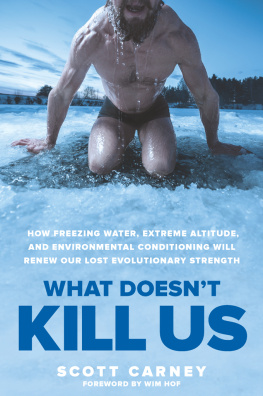
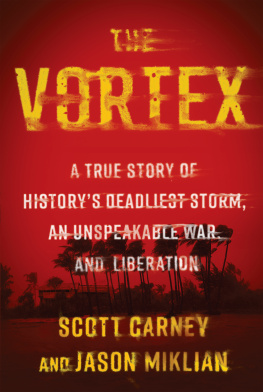
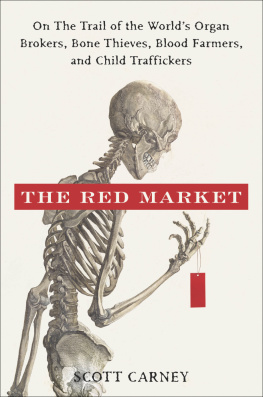
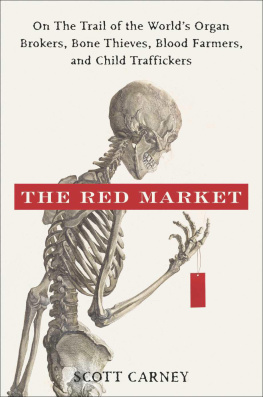


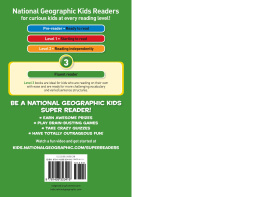
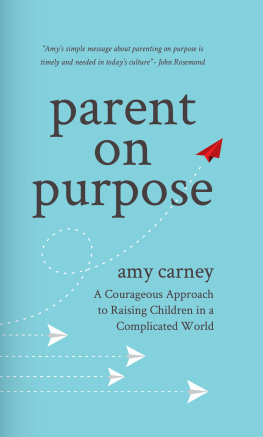
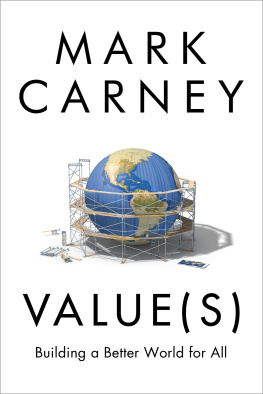
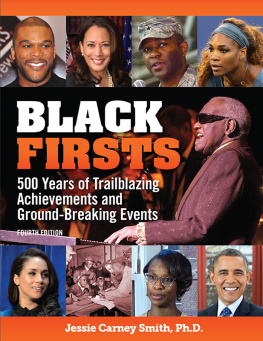
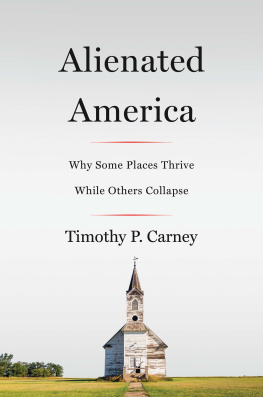

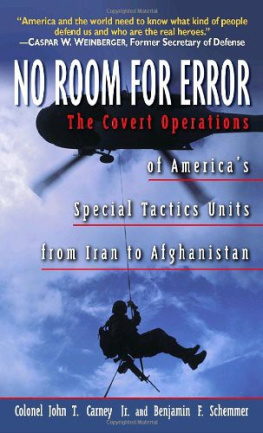




 WARNING
WARNING